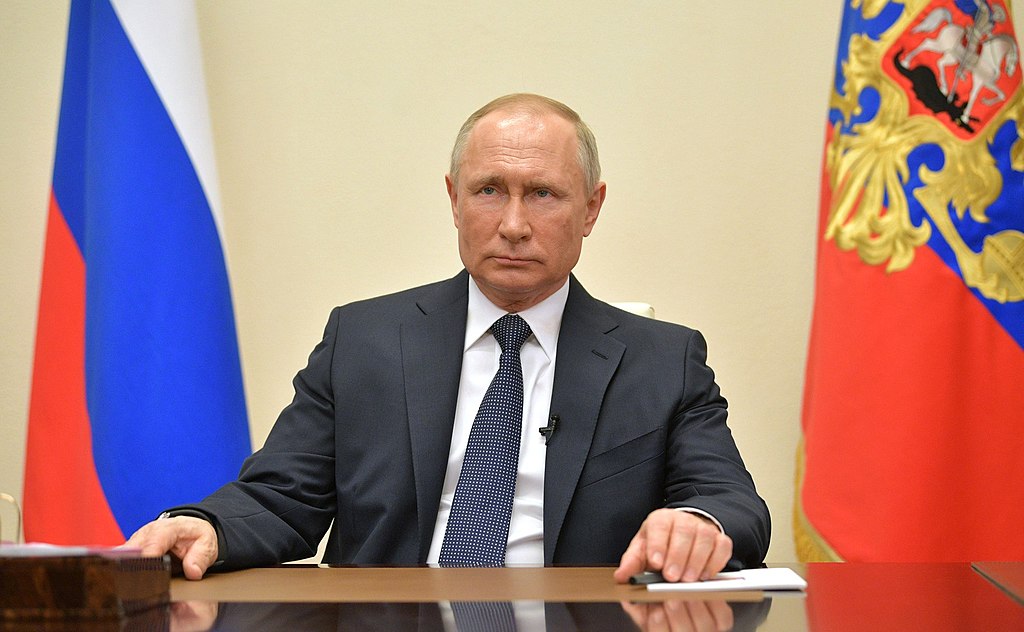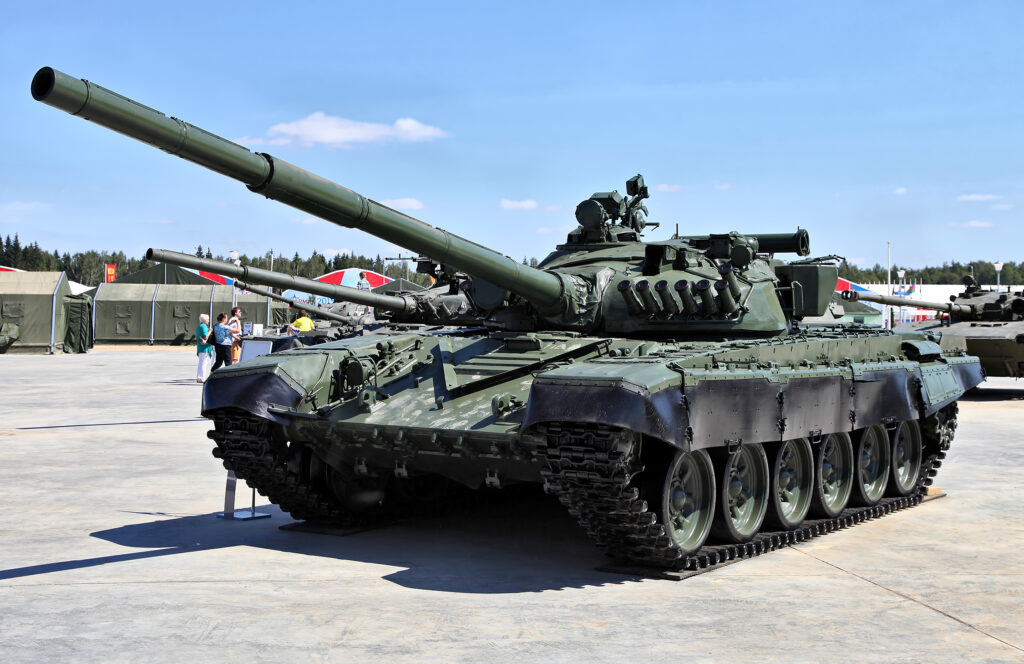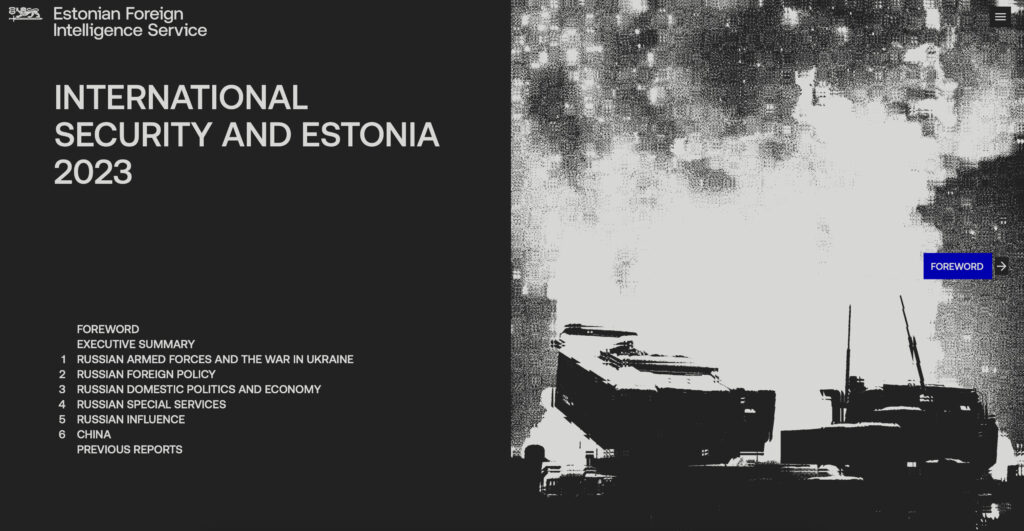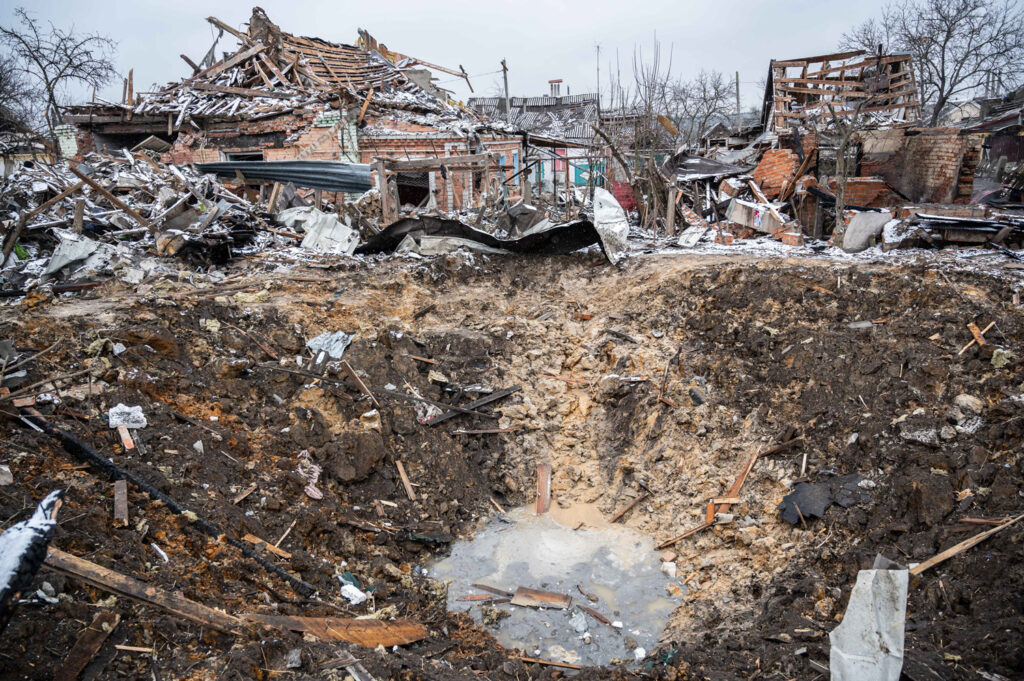According to the annual report by the Estonian Foreign Intelligence Service, the Western world should not harbour illusions that post-Putin Russia would embrace democratic values any time soon.
In the foreword of the 2023 report, titled “International Security and Estonia”, the director-general of the foreign intelligence service, Kaupo Rosin, says that like the 2022 report predicted – Russia would create the conditions and capabilities necessary to launch a large-scale military offensive against Ukraine in the second half of February 2022 – it is exactly what happened.
“Russia has so far failed in its war of aggression. It attacked Ukraine with a plan for a quick coup based on absurd assumptions and a manipulated intelligence picture. In the first months of the war, the Ukrainians destroyed a significant part of the best units of the Russian army, which, as the war drags on, has led to Russia’s critical need for mobilised troops, private military companies and arms from pariah states,” Rosin said.
“The war strangles the Russian economy and raises the temperature in otherwise apolitical Russian society. The Russian elite is increasingly discussing whether ‘the First Person has gone mad’, but most of them lack the courage to take real steps towards change. Russia’s stubbornly imperialist stance towards its neighbours persists, and Russians’ fear of mobilisation surpasses their sense of responsibility for the genocide committed by their compatriots.”

To keep the war machine going, Russia is willing to raise the stakes
Despite setbacks and risks, Russian president Vladimir Putin’s goal in Ukraine has not changed by early 2023, Rosin says.
“For now, there is still enough fuel to keep the war machine going – Russia will not run out of cannon fodder, Soviet-era armaments or propaganda-induced imperialism any time soon. However, a quality leap in Russia’s war-fighting capability is very unlikely. Putin is playing for time, believing that Ukraine and the West will wear out before Russia. Putin thinks he can ‘bomb’ Ukraine to the negotiating table.”
“Internally, Russia has become Soviet Union 2.0, drawing inspiration from Stalinist repression, Khrushchevian sloganeering and Brezhnevian stagnation. Paradoxically, in Russia today, Putin’s regime is simultaneously the strongest and the weakest it has ever been. But there seems to be no new Gorbachev, not to mention Yeltsin, on the horizon. The democratic world should not harbour illusions that post-Putin Russia will embrace democratic values any time soon.”
According to the report’s predictions, the Ukrainians’ will to defend, the capabilities of their Armed Forces, and Western unity in supporting Ukraine surprised the Kremlin. Despite this, Russia’s strategic goal remains the same: subjugating Ukraine and changing the European security architecture.
“Russia believes that time is on its side. To keep the war machine going, Russia is ready to raise the stakes,” the report says. “Russia probably plans to deploy its mobilised reserves at the end of their training in the first half of 2023 in a new offensive.”
“Despite the losses suffered and problems in producing war materials and new weapon systems, Russia intends to continue its military action against Ukraine in 2023. To this end, the Kremlin plans to mobilise additional human and industrial resources to support the military action, looking for opportunities to source arms and ammunition from other countries, such as Iran, Belarus and North Korea.”

A Russian attack against Estonia unlikely
“Russia’s belligerence has significantly increased the security risks for Estonia, and the large-scale exercise Zapad 23 may further strain the situation in the Baltic Sea region. Russia still has enough strength to exert credible military pressure in our region,” according to the report.
The report points out that a military attack against Estonia is unlikely in 2023 because Russia’s military capabilities are engaged in Ukraine. “However, in the mid-to-long term, Russia’s belligerence and foreign policy ambitions have significantly increased the security risks for Estonia.”
Mobilisation and large-scale exercises planned by Russia could further strain the security situation in the Baltic Sea region in 2023, according to the report. “From the Baltic states’ perspective, Russia still has enough military capability to exert credible military pressure in our region. The capabilities of the Russian Armed Forces in the immediate vicinity of the Estonian border can be quantitatively reconstituted in up to four years.”
The 2023 intelligence report also looks at China, saying that under president Xi Jinping, China is moving towards deepening authoritarianism and no longer hides its ambition to become a global superpower.

Russia hopes China will help reduce the impact of the Western sanctions
“China’s efforts to build a community of like-minded countries opposed to the West under the banner of the Global Security Initiative – which would also include Russia – undermines Estonia’s security.”
“The war started by Russia in Ukraine has not radically changed the relations between China and Russia. But some pre-war trends have strengthened, likely increasing the inequality in their relationship,” the report notes. “With China’s support, Russia hopes to reduce the impact of the restrictions imposed on it due to the war, which increases Russia’s economic and technological dependence on China and its preparedness to appease China on divisive issues.”
In regards to the Chinese attitude towards Taiwan, the report says that even though China’s rhetoric towards the island nation has changed and suggests “a desire to constrict the existential space of Taiwan”, China is “very unlikely” to attack Taiwan in 2023 – although the likelihood will increase with time. The report also asserts that it is not certain that Western sanctions will deter China, as China has strong countermeasures in place.
The main function of the Estonian Foreign Intelligence Service is to collect intelligence and to protect classified information. The agency collects, analyses and delivers information on Estonia’s external security threats. It operates under the Estonian Security Authorities Act and is supervised by the Security Authorities Surveillance Committee of the Parliament.

You can read the full report on the Estonian Foreign Intelligence Service website.

